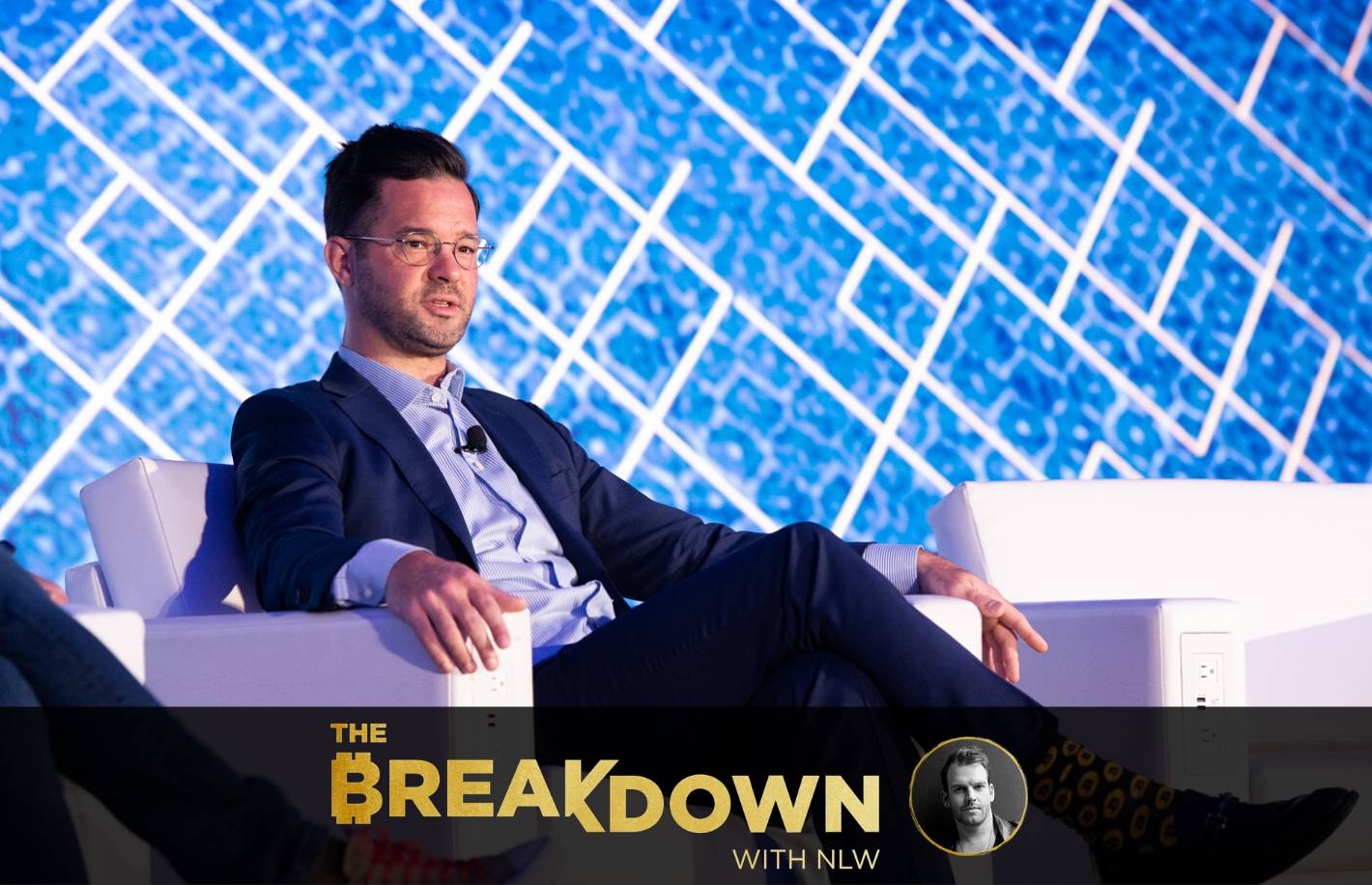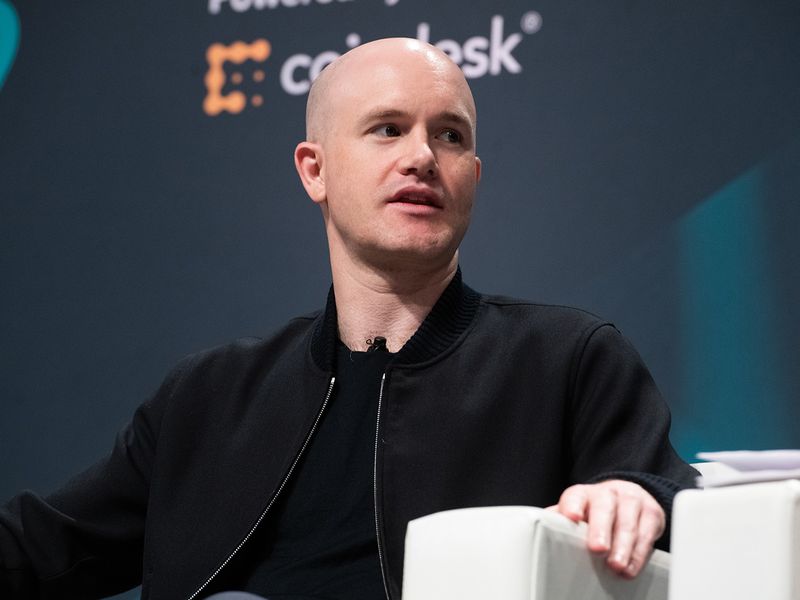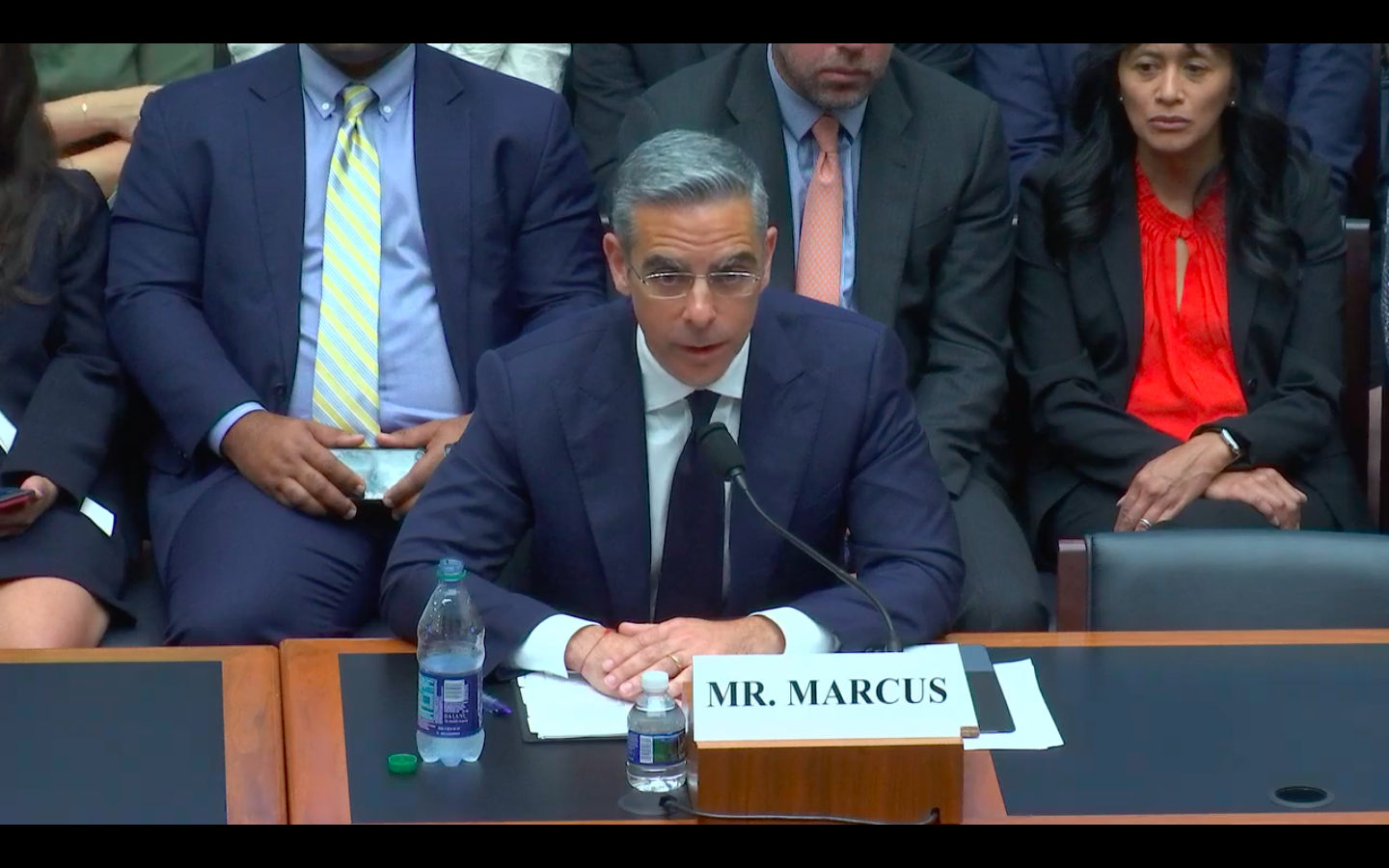U.S. Bank Regulators Investigating Leaders of the Failed Tech Banks
Christy Goldsmith Romero
Commissioner
U.S. Commodity Futures Trading Commission
Explore the policy fallout from the 2022 market crash, the advance of CBDCs and more.
Christy Goldsmith Romero
Commissioner
U.S. Commodity Futures Trading Commission
Explore the policy fallout from the 2022 market crash, the advance of CBDCs and more.
:format(jpg)/www.coindesk.com/resizer/x37dWM_1ORxU2nCUG8EyVsmvF4Y=/arc-photo-coindesk/arc2-prod/public/3CZRUU6QWVDQ5PSXCNWHUB6CY4.png)
Jesse Hamilton is CoinDesk’s deputy managing editor for global policy and regulation. He doesn’t hold any crypto.
Christy Goldsmith Romero
Commissioner
U.S. Commodity Futures Trading Commission
Explore the policy fallout from the 2022 market crash, the advance of CBDCs and more.
Christy Goldsmith Romero
Commissioner
U.S. Commodity Futures Trading Commission
Explore the policy fallout from the 2022 market crash, the advance of CBDCs and more.
The Federal Deposit Insurance Corp. is investigating the actions of the leaders of Signature Bank and Silicon Valley Bank to hold them accountable for the banks’ collapses, said Chairman Martin Gruenberg, who detailed their mismanagement and dangerous business concentrations – especially in digital assets at Signature – in testimony prepared for a U.S. Senate hearing, scheduled to be held Tuesday.
Top officials from the companies will face scrutiny “for the losses they caused to the banks and for their misconduct in the management of the banks,” Gruenberg said in the written remarks set for delivery to the U.S. Senate Banking Committee, which also detailed the implosion of crypto-focused Silvergate Bank.
In testimony for the same hearing, Federal Reserve Vice Chairman for Supervision Michael Barr shared similar revelations about trouble inside California-based Silicon Valley Bank.
The FDIC put itself on the hook for an expected $22.5 billion hit to its insurance fund, mostly to cover uninsured deposits, Gruenberg said in his descriptions of the fall of Silicon Valley and New York-based Signature – which were among the crypto sector’s favorite financial institutions. The trouble began last year, when crypto exchange FTX went down and dragged some of the industry with it.
Though Signature was more well-rounded that Silvergate, where 68% of the deposits exited as crypto’s disastrous 2022 wound down, Gruenberg said Signature still had one-fifth of its deposits from the digital-assets industry at the end of 2022.
“Signature Bank, like Silvergate, experienced deposit withdrawals and a drop in its stock price as a consequence of disruptions in the digital-asset market due to failures of several high-profile digital-asset companies,” Gruenberg said.
Silvergate, a small, La Jolla, Calif.-based bank, was almost entirely reliant on the crypto sector and was doomed when many of the businesses had to pull out their cash. But it managed to execute an unusual self-liquidation that spared the FDIC from taking it into receivership, as it did with the two larger institutions.
At the Fed, Barr admitted the final collapse of Silicon Valley Bank caught agency supervisors off guard, even though they had spent months admonishing the bank and restricting its growth because of poor management.
Barr said the bank was a “textbook case of mismanagement.” And its government minders were well aware it had serious problems. In 2021, the supervisors found issues with its liquidity management, and in 2022, they determined an array of problems with board oversight, risk management and internal auditing, Barr said. That summer, they dropped the bank’s management and governance ratings to alarm-bell levels, subjecting it to growth restrictions.
Five months ago, the bank’s supervisors from the Fed met with managers from the bank to let the managers know their interest-rate risks were unacceptable. The supervisors brought those concerns to the Fed’s Board of Governors last month.
“Staff relayed that they were actively engaged with SVB, but as it turned out, the full extent of the bank’s vulnerability was not apparent until the unexpected bank run on March 9,” Barr said.
While the FDIC and Fed conduct their reviews of what went on inside the banks, the regulatory agencies – FDIC for Signature and Fed for Silicon Valley – are reviewing their own actions in the run-up to two of the largest banking failures in U.S. history.
Gruenberg’s FDIC will also be trying to figure out how to replenish the damage to what had been a $128 billion insurance fund.
The Senate Banking Committee hearing will come ahead of the House Financial Services Committee’s own hearing examining the collapses on Wednesday.
Edited by Nikhilesh De.
DISCLOSURE
Please note that our
privacy policy,
terms of use,
cookies,
and
do not sell my personal information
has been updated
.
The leader in news and information on cryptocurrency, digital assets and the future of money, CoinDesk is a media outlet that strives for the highest journalistic standards and abides by a
strict set of editorial policies.
CoinDesk is an independent operating subsidiary of
Digital Currency Group,
which invests in
cryptocurrencies
and blockchain
startups.
As part of their compensation, certain CoinDesk employees, including editorial employees, may receive exposure to DCG equity in the form of
stock appreciation rights,
which vest over a multi-year period. CoinDesk journalists are not allowed to purchase stock outright in DCG
.
:format(jpg)/www.coindesk.com/resizer/x37dWM_1ORxU2nCUG8EyVsmvF4Y=/arc-photo-coindesk/arc2-prod/public/3CZRUU6QWVDQ5PSXCNWHUB6CY4.png)
Jesse Hamilton is CoinDesk’s deputy managing editor for global policy and regulation. He doesn’t hold any crypto.
Learn more about Consensus 2023, CoinDesk’s longest-running and most influential event that brings together all sides of crypto, blockchain and Web3. Head to consensus.coindesk.com to register and buy your pass now.
:format(jpg)/www.coindesk.com/resizer/x37dWM_1ORxU2nCUG8EyVsmvF4Y=/arc-photo-coindesk/arc2-prod/public/3CZRUU6QWVDQ5PSXCNWHUB6CY4.png)
Jesse Hamilton is CoinDesk’s deputy managing editor for global policy and regulation. He doesn’t hold any crypto.









